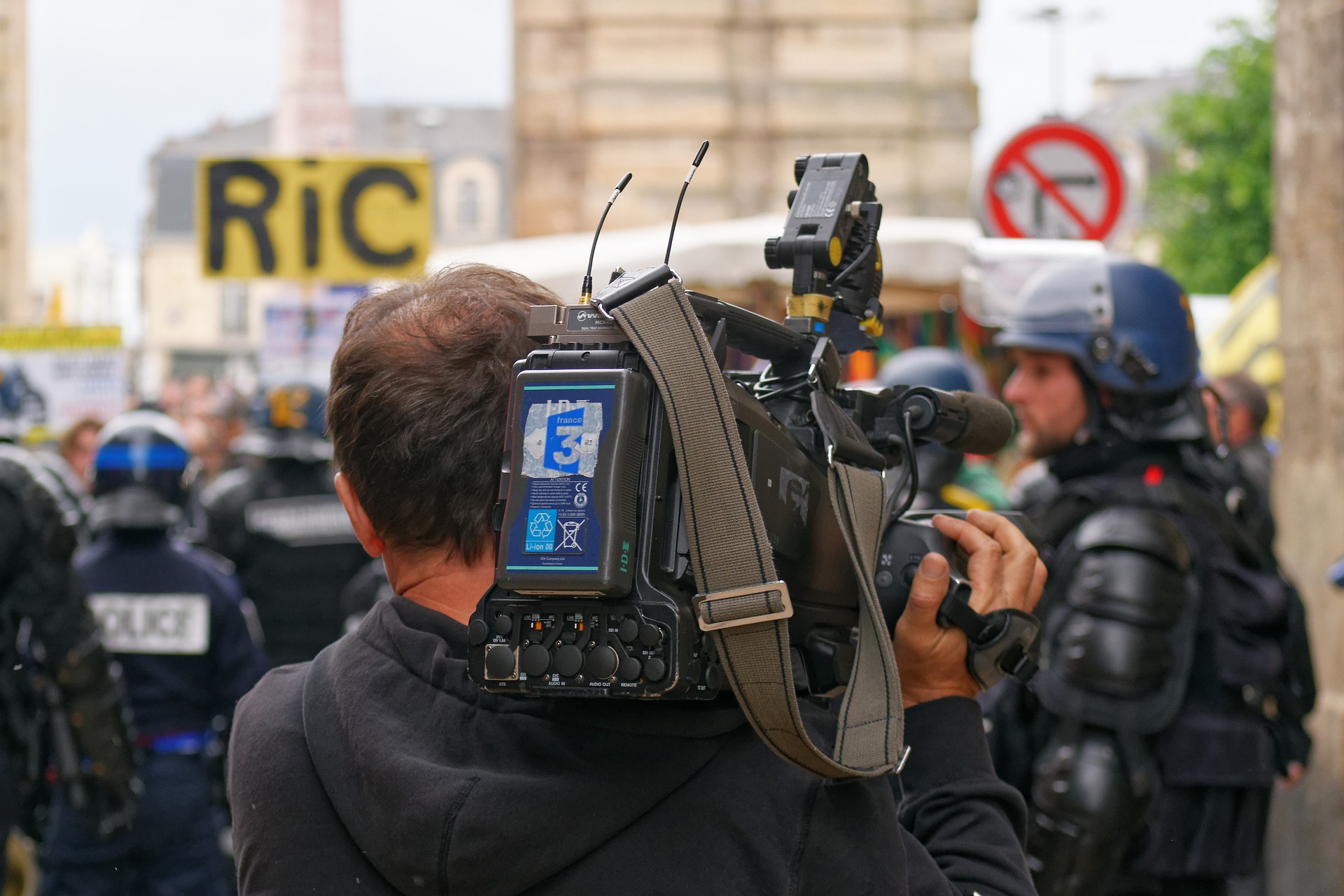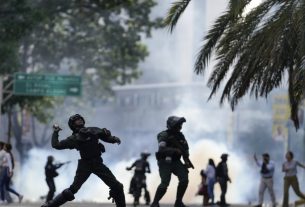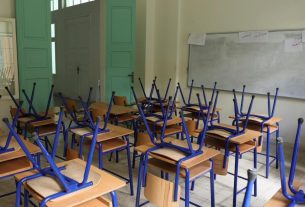In recent months, Bangladesh has witnessed a disturbing rise in attacks on journalists, with several reporters killed in targeted assaults. This escalation in violence has highlighted the increasingly dangerous environment in which media professionals operate in the South Asian nation. Despite the pivotal role the press plays in a functioning democracy, journalists in Bangladesh are finding themselves increasingly at risk, often without the safety measures and protections needed to carry out their work. The surge in violence is raising serious concerns among human rights organizations, press advocacy groups, and the international community about the shrinking space for free expression in Bangladesh.
Rising Attacks on Journalists: A Deadly Trend
The killing of journalists in Bangladesh is not a new phenomenon, but in recent months, the pace of these attacks has accelerated. According to reports from local media watchdogs and human rights organizations, at least six journalists have been killed in 2024 alone. Many of these victims were investigative journalists who had been covering sensitive issues such as government corruption, human rights violations, and environmental degradation.
One of the most notable cases in recent months involved the murder of Shamsur Rahman, a reporter for a local news outlet, who was shot dead while on his way to cover a story about illegal logging in the Chittagong Hill Tracts. His death, along with several other killings, has sent shockwaves through the journalistic community in Bangladesh and underscored the growing dangers faced by reporters, particularly those working on stories that challenge powerful interests.
Why Are Journalists Being Targeted?
The increase in attacks on journalists in Bangladesh is linked to several interrelated factors, including political pressure, systemic impunity, and a lack of adequate protection for media professionals.
1. Political Polarization and Press Freedom
Bangladesh has long been plagued by political polarization between the ruling Awami League and the opposition Bangladesh Nationalist Party (BNP). Journalists often find themselves caught in the crossfire of this divide, with both parties using the media as a tool for their own agendas. Independent journalists, particularly those critical of the government, face increasing hostility from both the state and political factions.
The current government, led by Prime Minister Sheikh Hasina, has faced widespread criticism for its growing intolerance of dissent. Opposition politicians, activists, and journalists who expose corruption or criticize the government’s policies are frequently targeted. Media outlets that publish unfavorable stories are often subjected to censorship, harassment, or, in some cases, outright violence. The political climate has created a dangerous environment for journalists, especially those working on sensitive issues such as government corruption, human rights abuses, and military actions.
2. Impunity for Attacks on Journalists
Another key factor behind the rise in journalist killings is the widespread impunity for those who carry out such attacks. Despite numerous instances of violence against the media, there have been very few convictions or accountability for the perpetrators. In many cases, investigations into journalist killings are either slow-moving or non-existent, sending a clear message to those behind the violence that they can act with little fear of consequences.
The lack of accountability has emboldened attackers, many of whom are believed to have ties to political or criminal groups. Human rights organizations like Reporters Without Borders and Human Rights Watch have repeatedly condemned the failure of the Bangladeshi authorities to bring those responsible for journalist killings to justice. The absence of meaningful action has fostered a climate of fear, with many journalists choosing to self-censor or avoid sensitive topics altogether.
3. Targeted Attacks on Investigative Journalism
Investigative journalists are particularly vulnerable to violence. These reporters often work on sensitive and controversial stories that challenge powerful figures in business, politics, or the military. Investigations into corruption, environmental violations, and abuses by security forces are especially dangerous. Journalists who pursue these types of stories risk not only physical violence but also legal harassment, including charges of sedition, defamation, and incitement.
In many cases, journalists have been threatened or physically attacked as a direct result of their reporting. For example, Siddiqur Rahman, a reporter covering land grabbing by influential figures in Dhaka, was brutally attacked and left with life-threatening injuries. His case is part of a larger pattern in which journalists investigating corruption or political wrongdoing face increasing hostility and violence.
The Dangers of Working Without Protections
The dangerous working conditions for journalists in Bangladesh are compounded by the lack of safety gear and basic training on protecting themselves. Many reporters are sent to cover stories in volatile or conflict-prone areas without protective equipment such as bulletproof vests, helmets, or even proper first aid training. The absence of basic safety protocols exposes journalists to even greater risks, particularly those covering protests, political violence, or sensitive investigations.
In some cases, journalists working in the field have reported being physically assaulted by police or armed groups without any protection or support from their employers. Media organizations are often unable or unwilling to provide security measures for reporters, particularly freelancers or independent journalists, who may not have the resources or institutional backing to ensure their safety.
International Outcry and Calls for Action
The increasing number of journalist killings in Bangladesh has sparked international concern. Press freedom organizations, including Reporters Without Borders (RSF) and Committee to Protect Journalists (CPJ), have called for the government to take immediate action to safeguard journalists and bring the perpetrators of these attacks to justice. These groups have emphasized the urgent need for stronger protections for journalists, including legal safeguards, safety training, and accountability for those responsible for violence against the press.
Additionally, UN Special Rapporteur on the promotion and protection of the right to freedom of opinion and expression, Irene Khan, has urged Bangladesh to reform its legal and judicial systems to ensure that crimes against journalists are prosecuted and that freedom of the press is upheld. The European Union and other international partners have also expressed concern, noting that attacks on journalists represent a broader threat to human rights and democratic governance.
The Way Forward: Protecting Press Freedom in Bangladesh
To address the growing violence against journalists, Bangladesh needs to take comprehensive measures that both protect media professionals and ensure that those who target them are held accountable.
- Strengthen Legal Protections: The government must introduce and enforce stronger legal protections for journalists, including stricter penalties for attacks on media workers. A functioning press freedom law should be created, ensuring that journalists can operate without fear of violence, arrest, or intimidation.
- Ensure Safety for Journalists: Media organizations should implement mandatory safety protocols, including providing personal protective equipment, security training, and financial support for journalists working in hazardous conditions.
- End Impunity: The government must prioritize investigations into journalist killings and ensure that those responsible are prosecuted. International organizations can help facilitate training for law enforcement on how to handle cases of violence against journalists.
- Encourage Independent Reporting: To reduce the political pressure on journalists, the government should create an environment that allows independent journalism to thrive. This includes ending censorship and ensuring that journalists are not criminalized for their reporting.
- Support for Journalist Advocacy Groups: Press organizations and independent media groups should be supported in their efforts to advocate for press freedom and provide legal and psychological support to journalists facing threats.
Conclusion
The alarming rise in journalist killings in Bangladesh is a stark reminder of the dangers faced by reporters working in politically volatile environments. The lack of protections, systemic impunity, and the hostile political climate have created a perilous situation for media professionals. To restore a free and independent press in Bangladesh, the government must take immediate steps to protect journalists, ensure accountability for perpetrators of violence, and create an environment where the media can freely report without fear of retribution.
References:
- Reporters Without Borders (RSF) – “Bangladesh: Rising Attacks on Journalists Threaten Press Freedom”
- Committee to Protect Journalists (CPJ) – “Bangladesh’s Press Freedom Crisis: A Year in Review”
- Human Rights Watch – “Bangladesh: Journalists Under Fire”
- UN Special Rapporteur on Freedom of Expression – “Press Freedom in Bangladesh: A Global Concern”
- Al Jazeera – “Bangladesh Journalists Targeted: A Growing Crisis for Press Freedom”
- BBC News – “Bangladesh: The Deadly Cost of Reporting the Truth”



